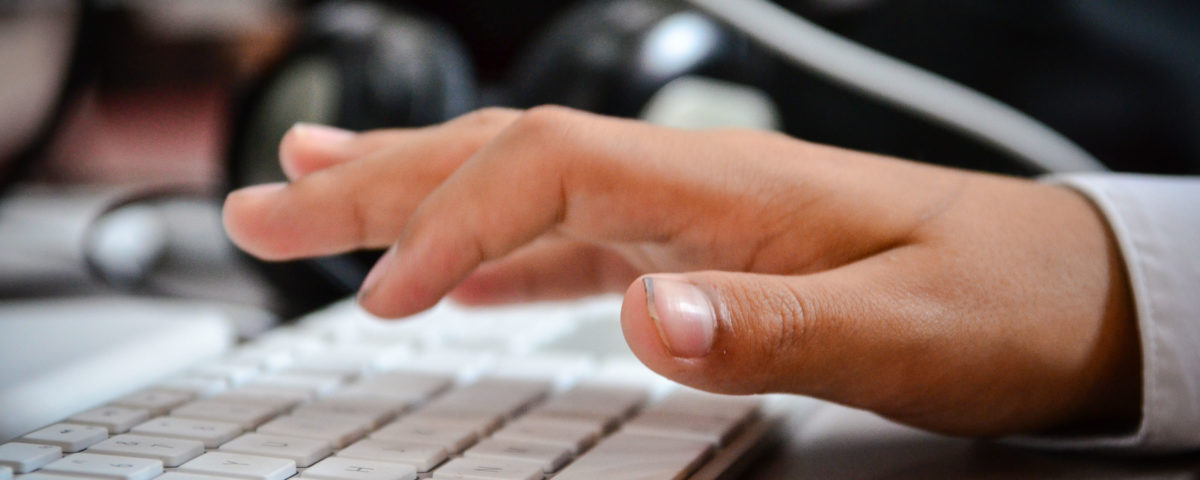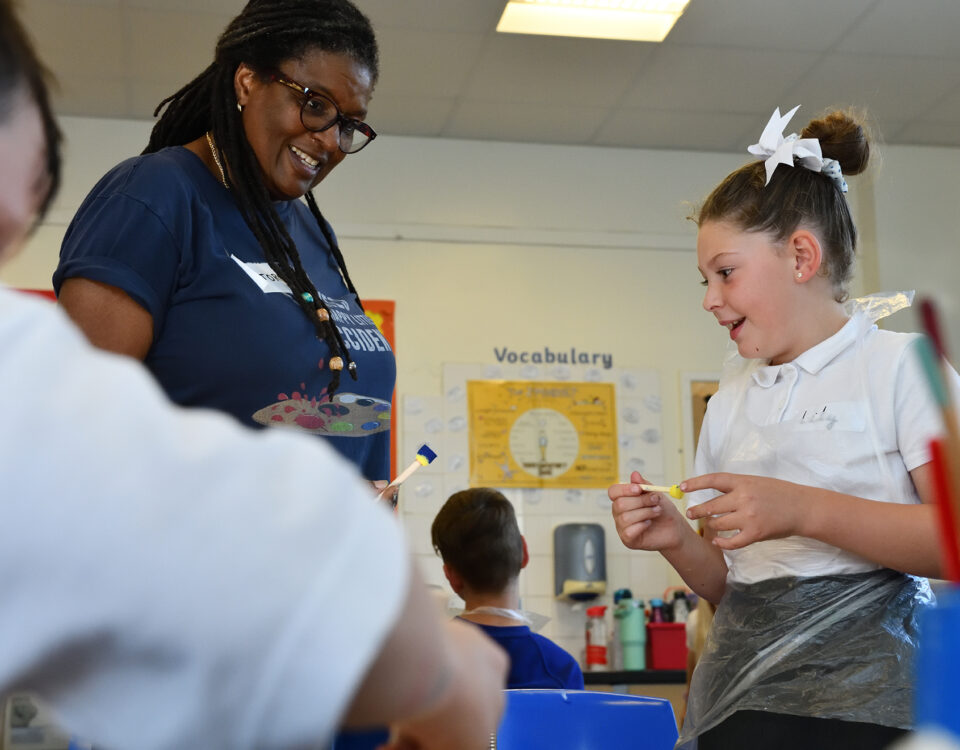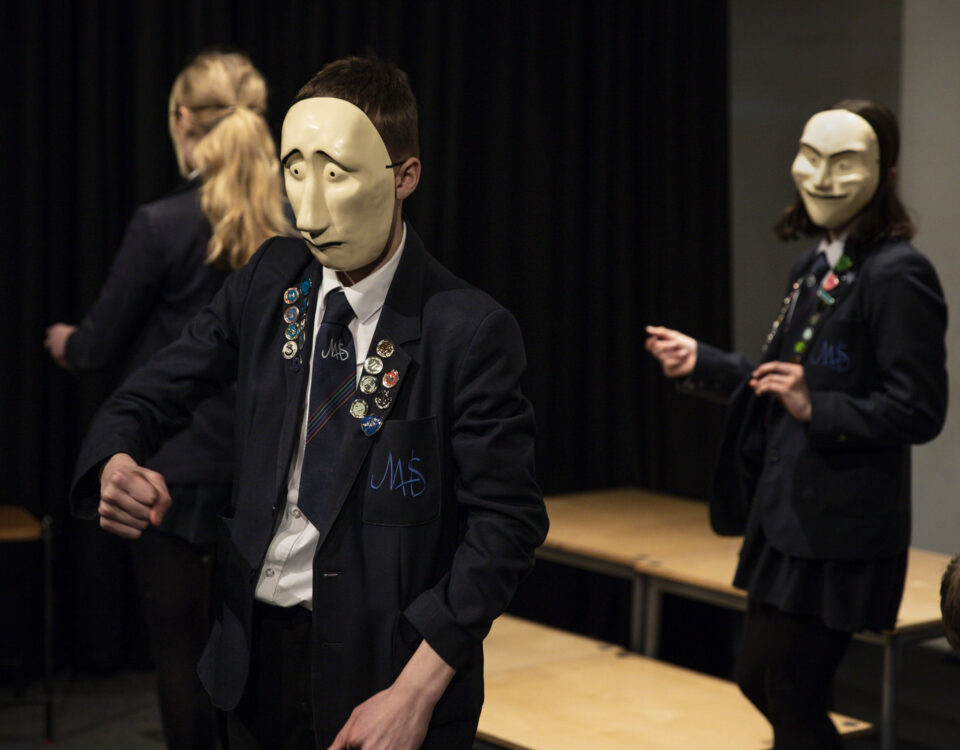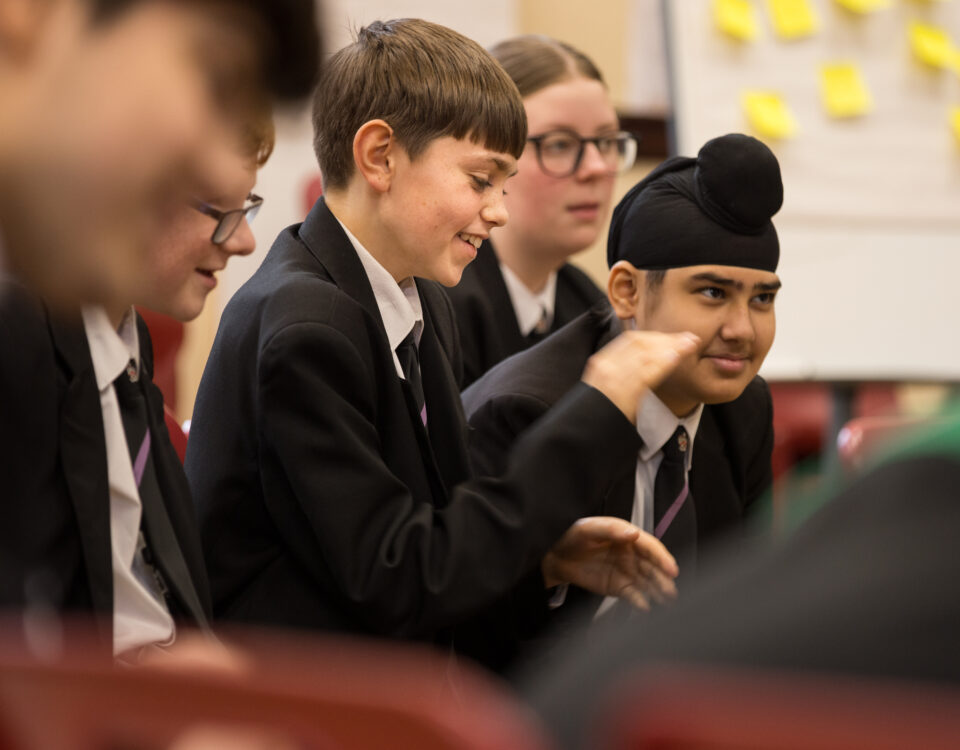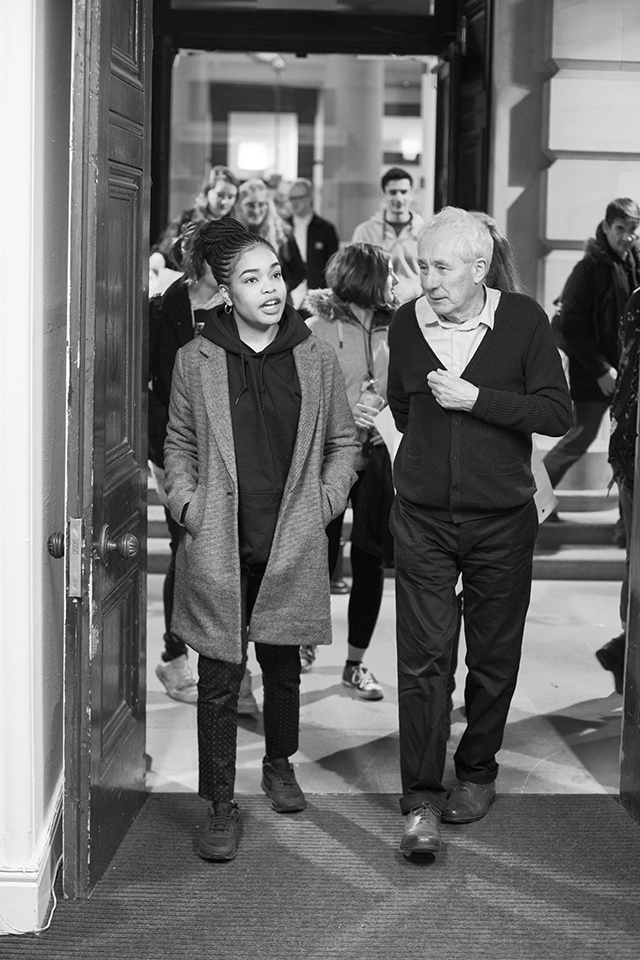
Hope Floats
September 4, 2020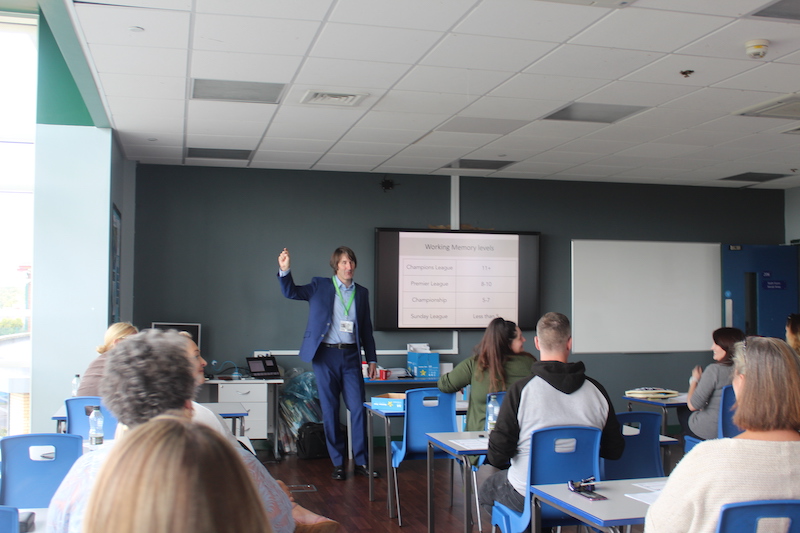
In times of uncertainty
September 17, 2020Louise Robson, Creative Director at Wigan STEAM, and Curious Minds CASE fellow, writes a provocation on the importance and necessity of including arts and culture as an integral part of the recovery curriculum.
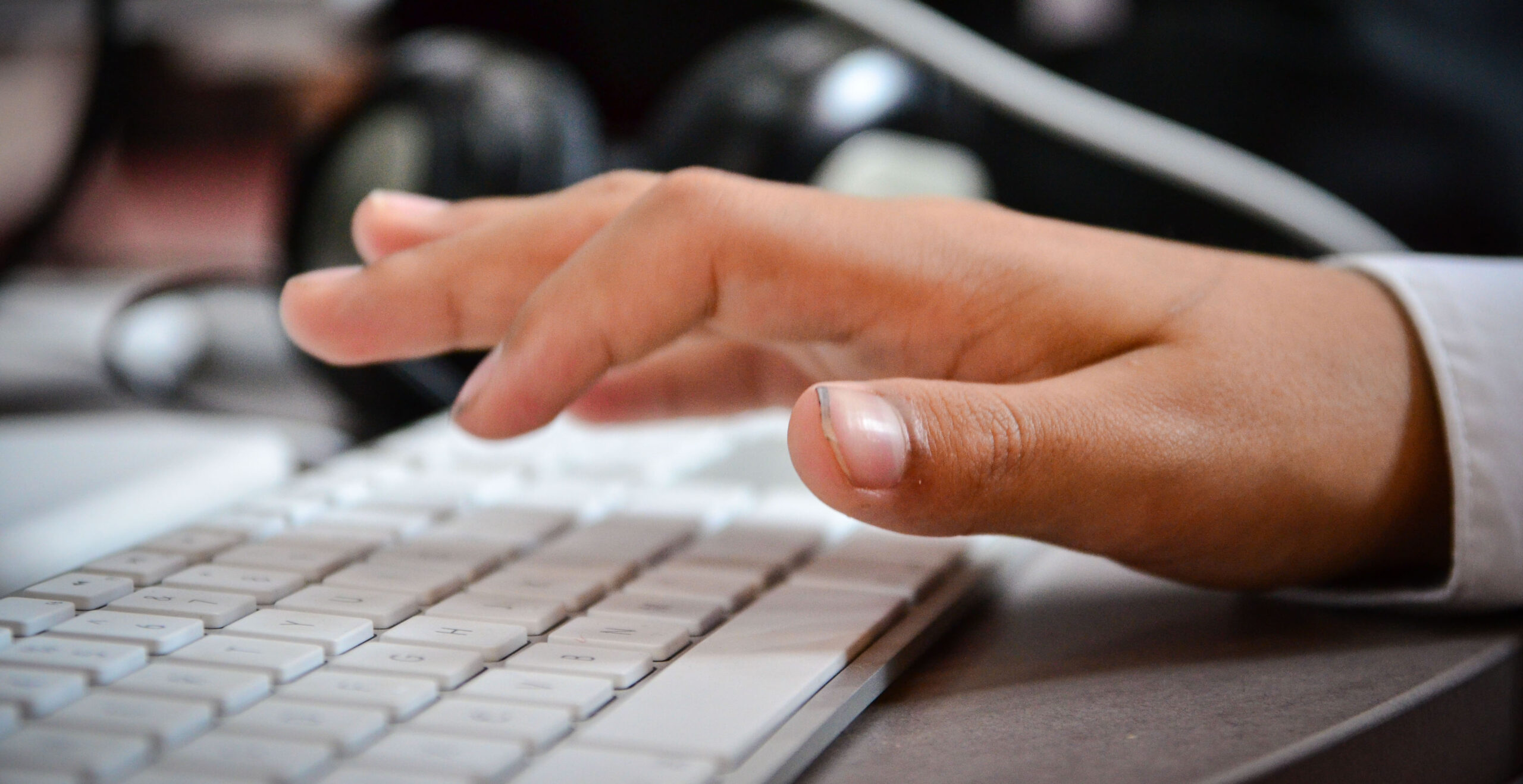
Fast forward six months and life has taken an unexpected turn which makes the uncertainty we felt at that point seem minute in comparison. We find ourselves in the midst of a global pandemic. For months, schools were closed to all but key worker's children, with no real idea of when they would go back to normal. Parents were shocked into home-schooling and now, as schools attempt to navigate a return for the new academic year, the panic of children ‘catching-up’ has taken hold amongst many parents, teachers, and government figures.
It’s true that there is work to do, but catching-up on missed lessons is just one piece of the puzzle. Barry Carpenter, a Professor of Mental Health in Education, recently developed a ‘Recovery Curriculum’ which acknowledges the other losses students have faced during this period and sets out a framework to allow for recovery and healing of the trauma, anxiety, and bereavement that many children and young people will be experiencing as a result of the pandemic.
‘Catch-up’ is placed on a level playing field alongside students rebuilding relationships, regaining confidence and trust, healing their identity and sense of belonging, and reflecting on their existing experience and skills.
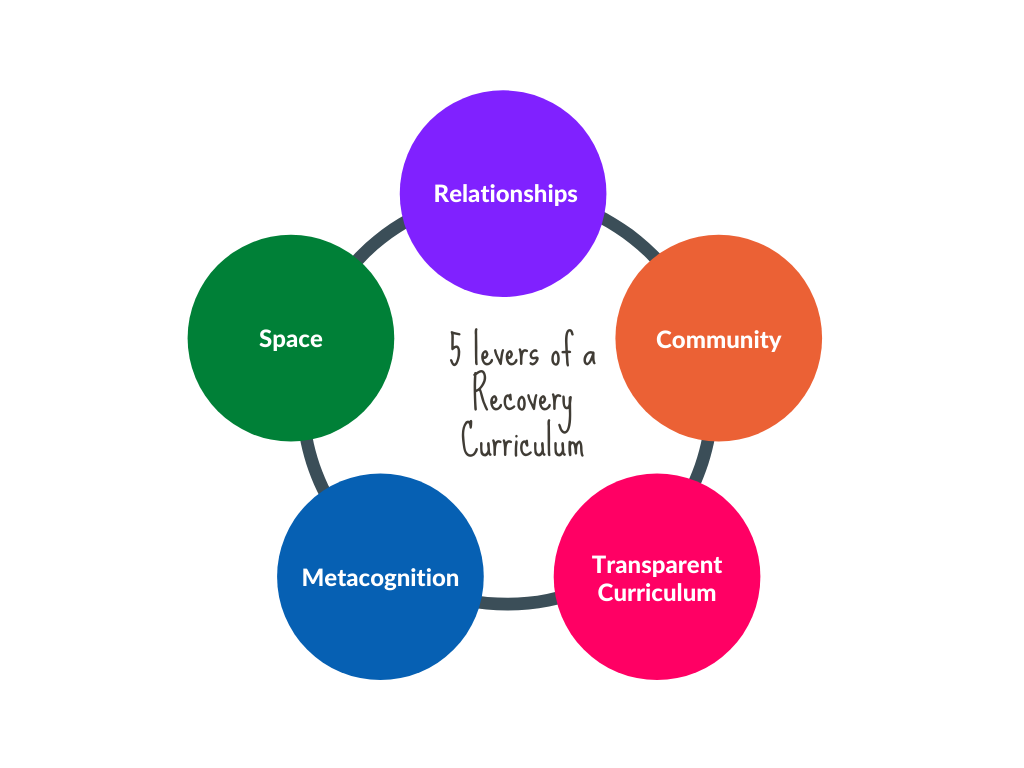
Guy Claxton and Bill Lucas in their book ‘Educating Ruby’, describe a ‘domestic curriculum’, acknowledging that learning is not exclusive to school:
Preparing young people to thrive in a tricky world is not just the job of schools and teachers. Parents are educators too. The way we talk to our kids, the kinds of rituals we create for them around mealtimes and bedtimes, the activities we encourage, the role models we provide, the materials we place within their reach, the kinds of ‘fun’ we lay on for them; all of these carry messages that influence their growing minds.
There are so many reasons why arts and culture should play a central role within this recovery curriculum: it has the ability to improve mental health and wellbeing, it helps us to communicate at our most vulnerable, it brings people together, and can help people to develop a sense of belonging.
“We’re a laugh aren’t we?... We’re all just making things to get us through. And the art world, as I’m sure you’re aware, has felt serious and heavy and unapproachable and not for the likes of us. And this programme has gone a big way to making it feel like it is for everyone.”
It helped to get us through, and in September, children will still be trying to get through - the pandemic has united us all in that.
Education settings are going to be more difficult than ever to penetrate due to the pressures on teachers to get students ‘caught-up’, but there’s even more reason to fight to keep arts and culture on the table - we don’t have any choice but to find new ways of keeping it there.

